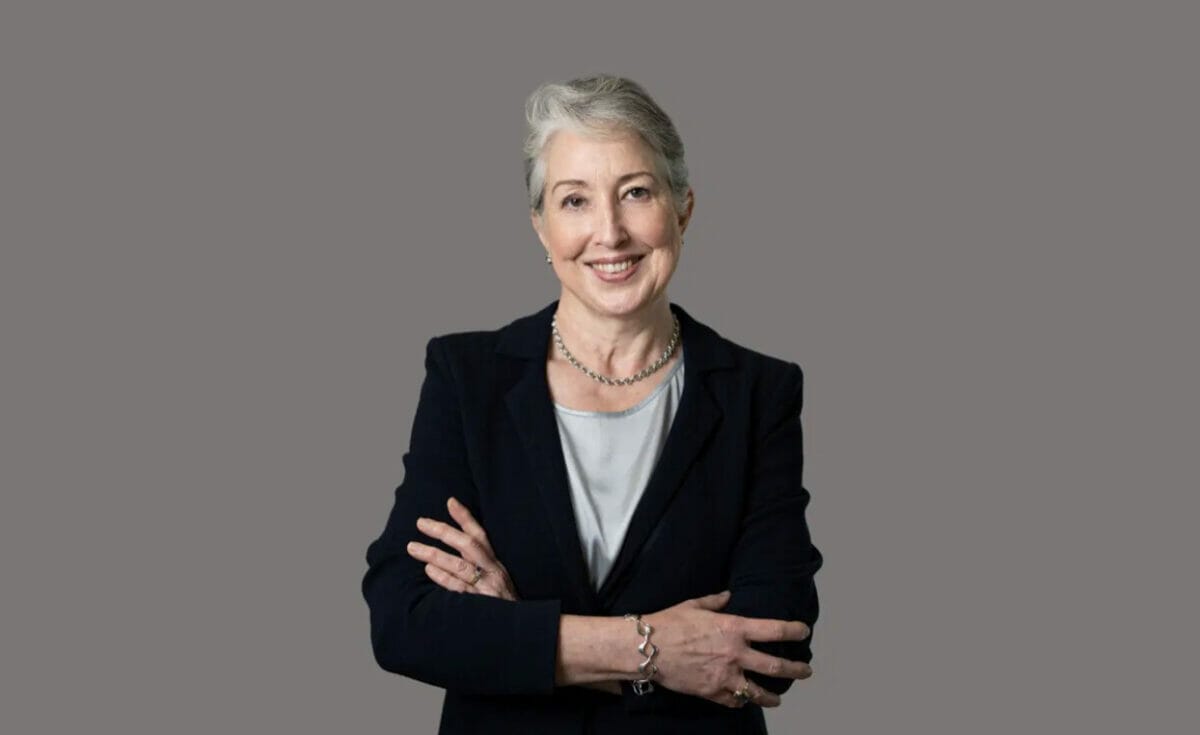There is an overlap between mega-trend investment themes and the United Nations’ Sustainable Development Goals, according to Marc-Olivier Buffle, head of thematic research and client portfolio manager at Pictet Asset Management.
In a discussion about balancing active risk, tracking error and sustainability at Conexus Financial’s Sustainability in Practice Forum at Harvard University, Buffle said thematic investing involves identifying economic activities that are supported by multiple mega trends to identify companies that will grow faster for longer.
“We’re talking about economics…and positive risk return, and then on the other hand, about having a positive impact in terms of society,” Buffle said. “Now, if you look at the growth rate of the companies in our thematic universes over 5, 10, 15, 20 years, you find that the growth rate of those companies is superior to the MSCI world.”
Pictet’s thematic focus on water aligns with SDG number six, focused on clean water and sanitation.
On the issue of data related to impact investing, he cautioned regulators against standardising data too quickly; getting too strict too quickly could stifle innovation.
“We are ready for transparency,” Buffle said. “We are ready to demonstrate how we do business and explain to people how we do it so that people can choose the right things. But let’s not standardise too quickly the kind of data that should be shown by the asset management industry because we are in the midst of an incredible amount of innovation and creativity.”
Also on the panel was Charles Hyde, head of asset allocation at New Zealand Super–a sovereign wealth fund created to help fund New Zealand’s national pension system.
Hyde said in 2016 the fund began a project to better understand climate change and its implications for the portfolio, having taken the view that carbon risk was not being properly priced in the market.
“An alternative way to think about this is that our carbon exposure in the portfolio amounted to an undue risk,” Hyde said. “The term undue risk has special relevance to us because it’s taken from the legislation that underpins our funding – what we call our mandate.”
Reducing carbon intensity and fossil fuel reserves are the two main targets, focused particularly on the fund’s passive equity holdings. “We don’t have active equity managers, so that makes it a little bit easier to implement this strategy,” Hyde said.
Complexity
A customised solution implemented in association with MCSI complicated the portfolio substantially. It was implemented to the actual portfolio and also to the reference portfolio, the fund’s benchmark portfolio.
“One thing we regret a bit about that decision…was that the reference portfolio is supposed to be a simple and easy-to-implement portfolio [and] low-cost,” Hyde said. “I don’t think that satisfied the ‘simple’ at the end of that project because we had to, as I said, implement a fairly complex set of algorithms to lower our carbon exposure.”
Subsequent work was around climate scenarios, which was “quite difficult work.” Creating the scenarios was challenging enough, but applying those scenarios to specific assets was even harder.
More recently the fund has reconsidered both its purpose and its mandate which included the phrase ‘best practice portfolio management.’
“If you go back six years, we had a purely traditional interpretation of what that means, which is very much in the risk and return space,” Hyde said. “Now we think that addressing ESG considerations [and] sustainability more generally is very much part of what is required in terms of meeting that particular leg of our mandate.”
The fund also broadened its approach from initially taking defensive actions to protect the portfolio from the “external threats out there from the ESG complex,” to the more proactive stance that it was the fund’s responsibility “to be making investments which had a positive impact back on the environment.”
This has included realigning both the reference portfolio and actual portfolio with MSCI Climate Paris-Aligned Benchmark indexes.
Eric Farls, senior portfolio manager and ESG committee member at Maryland State Retirement and Pension System, said the System signed up to the United Nations’ Principles for Responsible Investment in 2008 and encourages the adoption of the UNPRI principles through its portfolio of external managers.
This has involved a range of practices and procedures that must take place before money can be awarded to a manager, including ESG-related questions, manager interviews and discussions of the findings during investment committee meetings.
The fund has more recently expanded its resources by hiring an ESG governance officer who will start next year.



